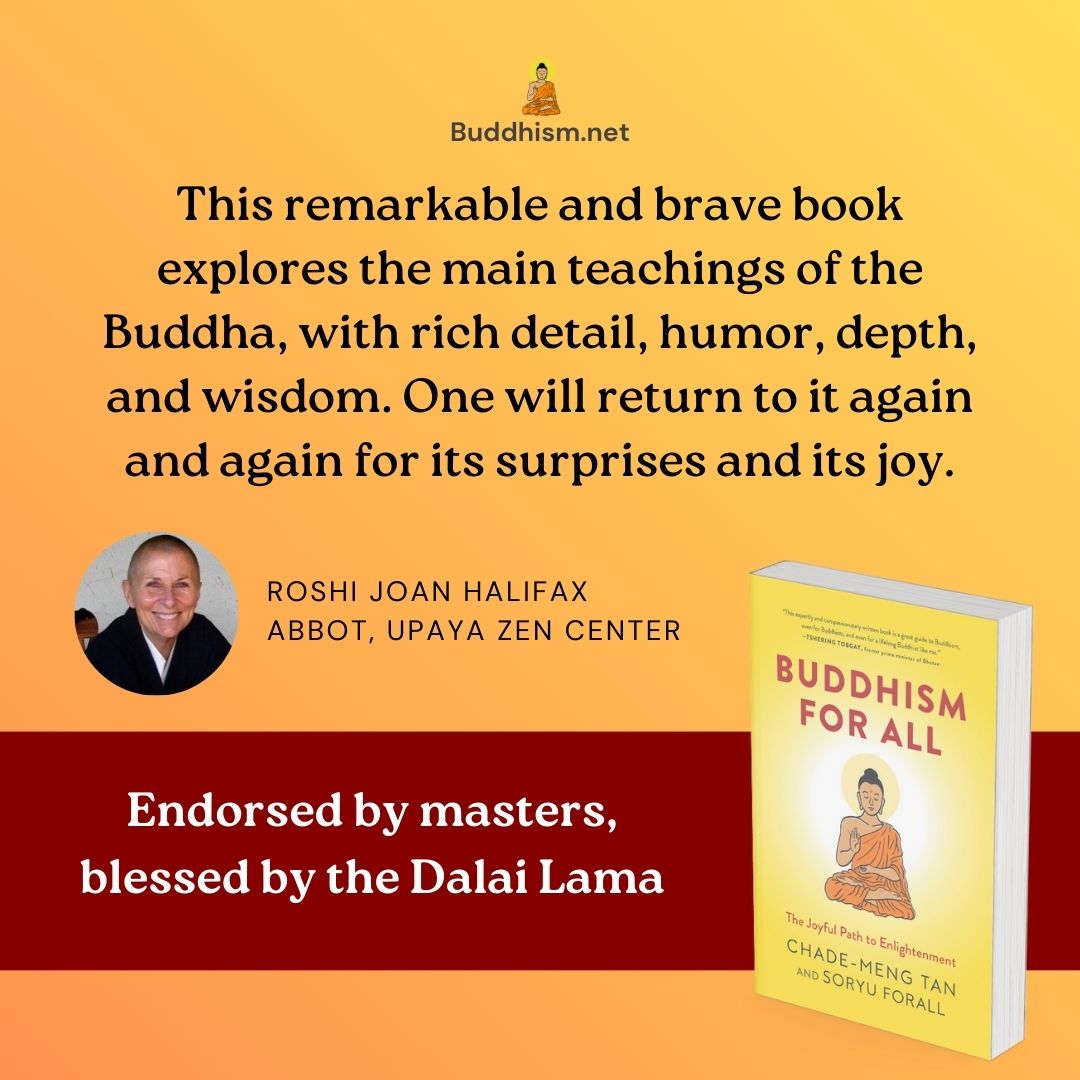
(Context: Come, See.)
The final story tells us that the Buddha actually had to make up his mind whether or not to teach the Dharma.
After his enlightenment, the Buddha spent a few weeks dwelling in solitude abiding in the bliss of nirvana. While sitting under a tree in Uruvelā, the Buddha reflected, this Dharma he had discovered is profound and hard to understand. Just understanding it is hard enough, much less trying to explain it. Moreover, people are mired in greed and hatred, their minds are obscured by ignorance. Hence, if he were to teach the Dharma, people might not understand it, and it would just be “tiresome and troublesome” for him. As the Buddha so reflected, his mind inclined to not teaching the Dharma.
Brahmā Sahampati knew what the Buddha was thinking, and was alarmed.[1] He thought, “The world will be lost if the fully enlightened Buddha does not teach the Dharma.” Brahmā Sahampati vanished from the Brahmā realm and reappeared in front of the Buddha. He arranged his robe over one shoulder, knelt with his right knee on the ground, raised his joined palms toward the Buddha, and said, “Venerable Sir, please teach the Dharma. There are beings with little dust in their eyes. They will understand the teachings!” He added, “You are now free of sorrow, like one standing high on a rocky mountain, but look at all these people, still overwhelmed with sorrow, oppressed by rebirth and old age. So, please teach the Dharma! There will be those who understand.”
And then the Buddha, having understood Brahmā’s request, out of compassion for all sentient beings, surveyed the world with the “Eye of the Buddha”. He saw that there are sentient beings with much dust in their eyes, and there are those with little dust in their eyes. Having seen that, he decided he would teach the Dharma. He declared his intention to Brahmā in verse:
Flung open are the doors to the deathless!
Let those with ears to hear decide their faith.
Then Brahmā Sahampati, knowing that his request for the Buddha to teach the Dharma had been granted, bowed and respectfully circled the Buddha, keeping him on his right, and then he vanished. [2]
Soryu and I hope that there are billions of people in the world with little dust in their eyes, including you, friend, and we hope our work has been helpful to you.
My friend, may you soon have no more dust in your eyes.

“Master, can I be excused from Dharma class today? I have too much dust in my eyes.”
[1] If I were a god of that high a level, instead of “Oh my God”, I would have said, “Oh my Self!”
[2] Saṃyutta Nikāya 6.1, also Majjhima Nikāya 26.
Artwork by Colin Goh.

